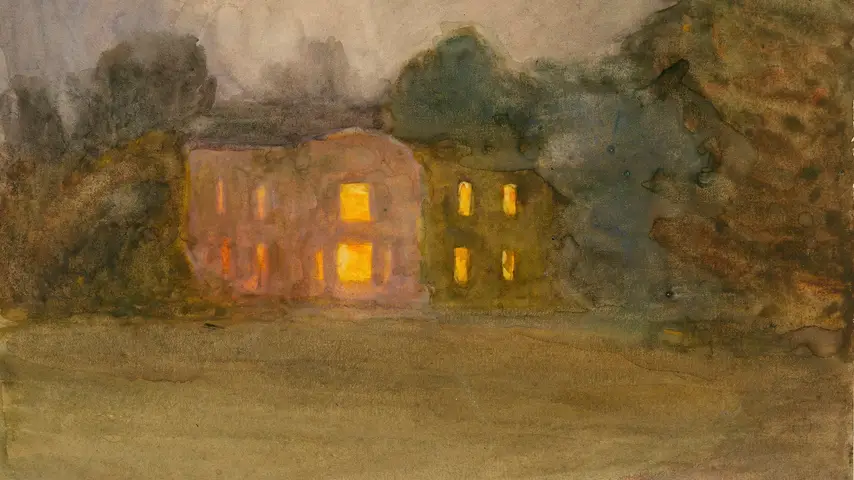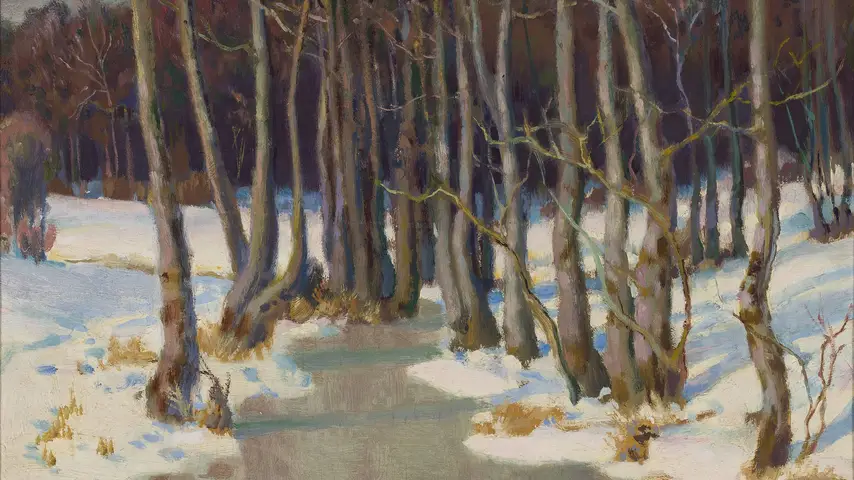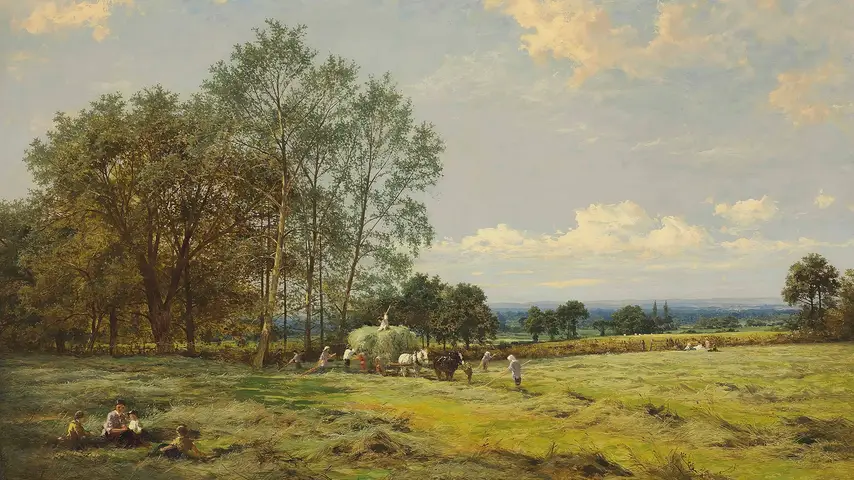I stink at praying. I really do. I’ve been a Christian for more than 25 years and a pastor for over 15. I preach and teach about prayer. But I still stink at praying.
It’s not for lack of trying. I’ve read books about prayer. I try to learn from the many beautiful prayers Christians have written over the centuries. I make lists and set aside time each day (well, most days) to pray. I work at it. I really do. But I still stink at praying.
I take some comfort in knowing that I’m not alone. Many of the best-known Christians in the history of the Church have struggled with it. I suspect most of the people in the congregation I pastor feel like their prayer lives aren’t what they ought to be. Praying is hard.
I stink at praying, but I haven’t given up yet. It’s one of those things that’s worth doing even if you don’t do it well. Thankfully, God still hears and answers his children’s fumbling requests.
Writing My Prayers
I’ve found that the practice of writing my prayers helps me stink a little less at praying. I don’t write all my prayers — that would be too cumbersome — but, occasionally, I put pen to paper.
More often than not, I write my prayers in the form of a collect. A collect (pronounced CAW-lect) is an ancient form of prayer named for its function: “collecting up” the prayers of God’s people into one prayer offered at various points in a worship service.
But, as C. Frederick Barbee and Paul F.M. Zahl note, the collect is also a literary form. It usually consists of five parts.
- Address or invocation — a name of God drawn from Scripture.
- Acknowledgement — an attribute or work of God that forms the basis for the petition that follows.
- Petition — what’s being asked for
- Aspiration — the purpose or aim of the petition.
- Pleading — recollection of the mediatorial role of Jesus Christ as the ground of confidence the prayer will be accepted.
The well-known collect for purity from the Book of Common Prayer illustrates the pattern:
- Almighty God,
- unto whom all hearts are open, all desires known, and from whom no secrets are hid,
- cleanse the thoughts of our hearts by the inspiration of thy Holy Spirit,
- that we may perfectly love thee, and worthily magnify thy holy name,
- through Jesus Christ our Lord, Amen.
For me, the form is far from constricting. I find it provides just enough structure and direction to help me pray richer, more meaningful prayers. Plus, a collect is brief; it’s focused; it’s about one particular thing. That brevity and focus keep me from getting overwhelmed and giving up.
Here’s an example of a prayer I wrote just this past week. It’s based on Jesus’s invitation, in Matthew 6:25–34, to a non-anxious way of life. I titled it “Sparrows, Poppies, and My Anxious Heart.”
Heavenly Father, you who feed the White-crowned Sparrows and clothe the California Poppies, calm my anxious heart this morning, I pray, with fresh reminders of your fatherly care, so that I might let tomorrow worry about itself, through Jesus Christ our Lord. Amen.
I encourage you to try your hand at writing a prayer. I think you’d be surprised by how helpful the practice can be.
If you end up writing something and don’t mind sharing, I’d love to see it. Just hit reply if this landed in your inbox. Otherwise, send me an email.
Through My Lens
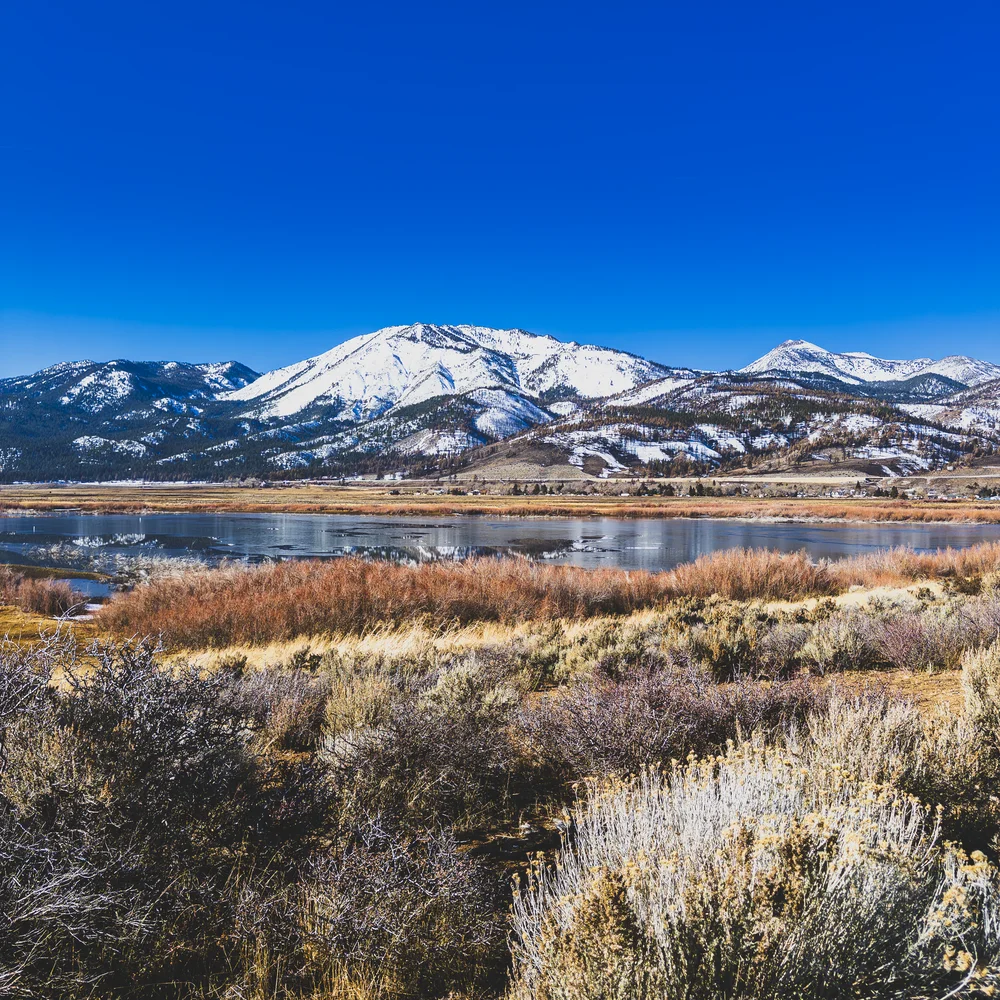
Art I’m Enjoying
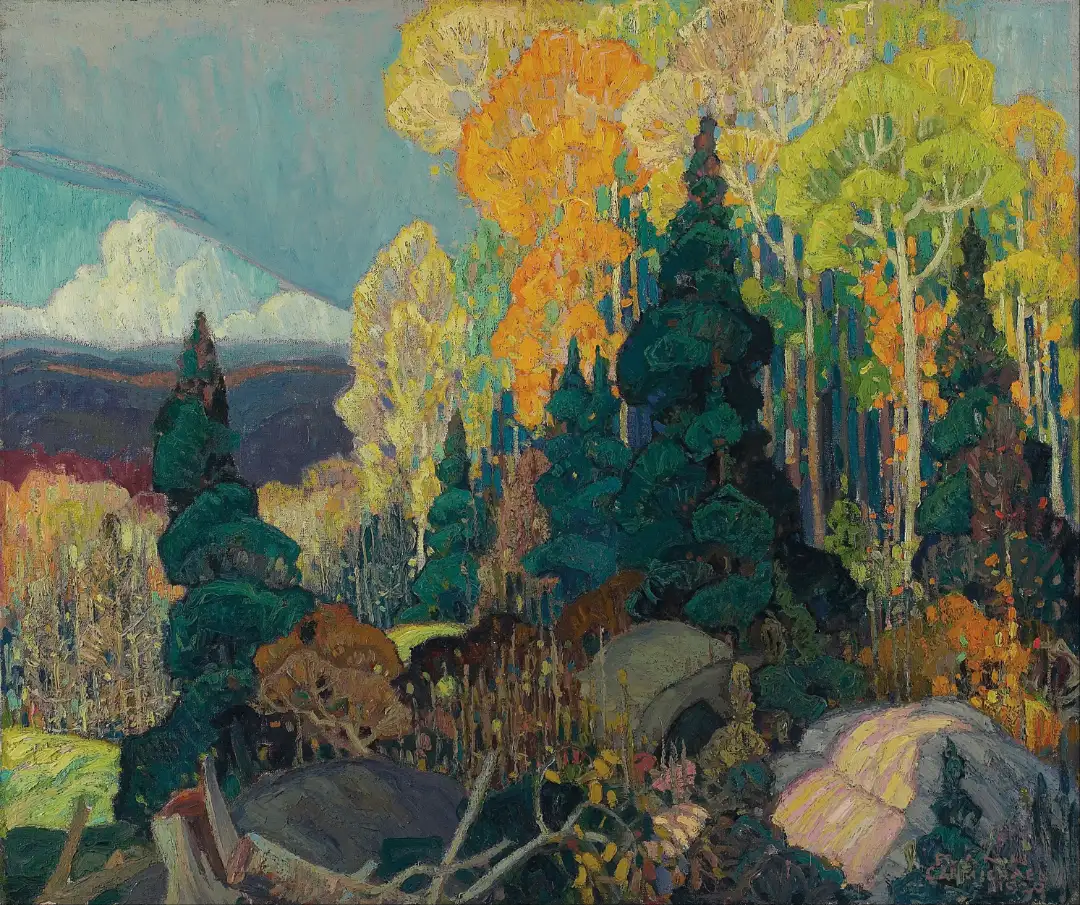
Poetry I’m Enjoying
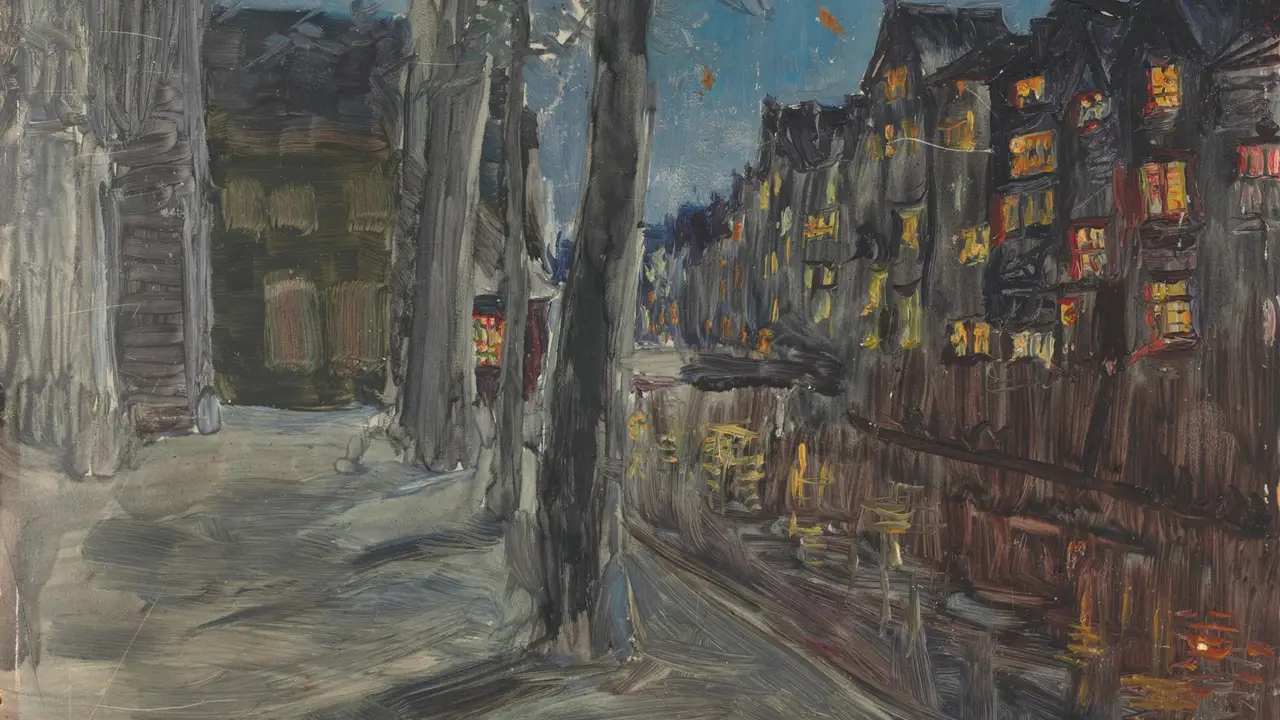
Autobiography
By Louis MacNeice
In my childhood trees were green
And there was plenty to be seen.
Come back early or never come.
My father made the walls resound,
He wore his collar the wrong way round.
Come back early or never come.
My mother wore a yellow dress;
Gently, gently, gentleness.
Come back early or never come.
When I was five the black dreams came;
Nothing after was quite the same.
Come back early or never come.
The dark was talking to the dead;
The lamp was dark beside my bed.
Come back early or never come.
When I woke they did not care;
Nobody, nobody was there.
Come back early or never come.
When my silent terror cried,
Nobody, nobody replied.
Come back early or never come.
I got up; the chilly sun
Saw me walk away alone.
Come back early or never come.
***
I discovered this haunting poem through Andrew Roycroft.
Quote of the Moment
Some people understand the privilege of stillness and can sit and breathe and look and hear and smell the world turning and let what’s next wait the while.
— Nial Williams, This is Happiness (London: Bloomsbury, 2019), 38.
